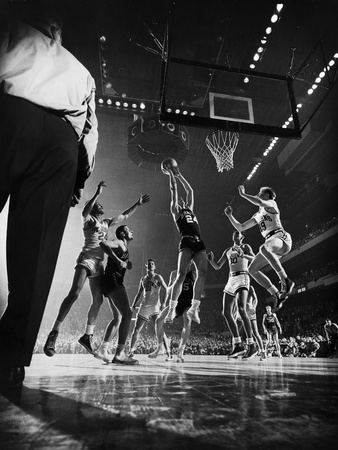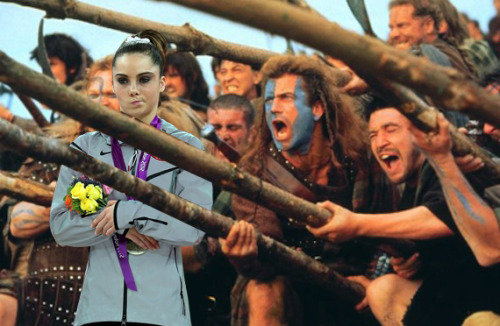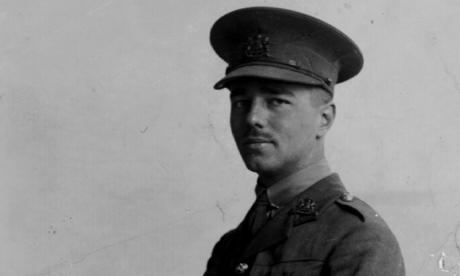Not going to battle the harried masses in a European capital this summer? Take heart, you ol' stick in the mud. Just remember how hot, crowded, and miserable it can be. Especially with a backpack and a Baby Bjorn hanging off of you. Or you can just read this poem:
By Billy Collins
How agreeable it is not
to be touring Italy this summer,
wandering her cities
and ascending her torrid hilltowns.
How much better to
cruise these local, familiar streets,
fully grasping the
meaning of every road sign and billboard
and all the sudden hand
gestures of my compatriots.
There are no abbeys
here, no crumbling frescoes or famous
domes and there is no
need to memorize a succession
of kings or tour the
dripping corners of a dungeon.
No need to stand around
a sarcophagus, see Napoleon's
little bed on Elba, or
view the bones of a saint under glass.
How much better to
command the simple precinct of home
than be dwarfed by
pillar, arch, and basilica.
Why hide my head in
phrase books and wrinkled maps?
Why feed scenery into a
hungry, one-eyed camera
eager to eat the world
one monument at a time?
Instead of slouching in
a café ignorant of the word for ice,
I will head down to the
coffee shop and the waitress
known as Dot. I will
slide into the flow of the morning
paper, all language
barriers down,
rivers of idiom running
freely, eggs over easy on the way.
And after breakfast, I
will not have to find someone
willing to photograph
me with my arm around the owner.
I will not puzzle over
the bill or record in a journal
what I had to eat and
how the sun came in the window.
It is enough to climb
back into the car
as if it were the great
car of English itself
and sounding my loud
vernacular horn, speed off
down a road that will
never lead to Rome, not even Bologna.



















